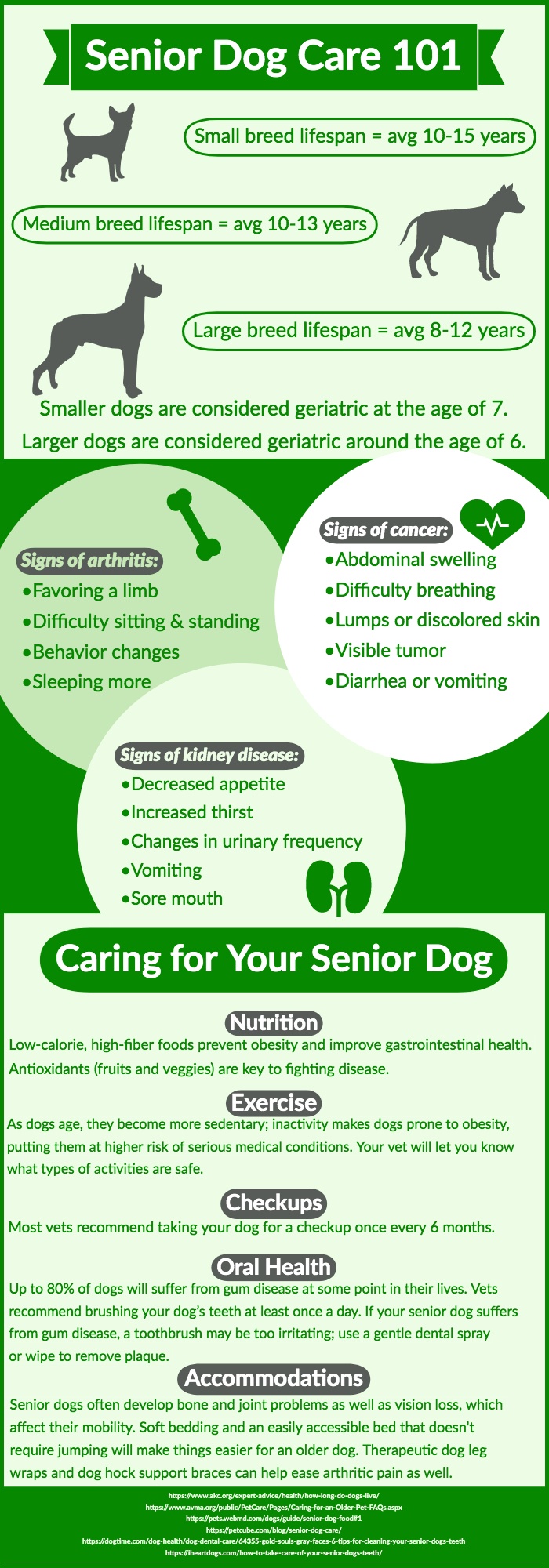Pets in childcare get lots of exercise, socializing with various other canines and unique experiences. This can be specifically valuable for puppies and dogs with behavior problems.
There are several legal considerations you require to think about when beginning a dog daycare business. These include the structure of your company and conformity with government guidelines.
1. Pooch Distemper
Canine distemper is spread out via straight contact with the physical liquids and waste of a contaminated pet, but it can also be transmitted via shared water and food bowls or through airborne droplets. This highly infectious health problem is most hazardous for young puppies, yet it can influence pets of any kind of age and is fatal for most if left untreated.
Initial signs of canine distemper typically simulate a cold, including drippy eyes and nose with watery or pus-like discharge. As the illness progresses, a dog will create high temperature, coughing, lowered cravings, throwing up and looseness of the bowels. The infection can likewise assault the nerve system, leading to seizures, jerking and partial or total paralysis.
Credible childcares lower direct exposure to infection by needing inoculations, routine health examinations and comply with stringent hygiene protocols. If your pup appears extremely weary or hopping, a day off may help him recover, but you should stay clear of taking him back to childcare till these signs and symptoms improve.
2. Kennel Coughing
Kennel cough, also known as infectious canine tracheobronchitis or Bordetella, is a highly transmittable viral or microbial illness that impacts the breathing tract. It's commonly moved with the exchange of saliva or air droplets that a sick dog breathes out. Social pets go to higher risk for infection as a result of their constant communication with one another, such as when they play, share food or water, sniff each other or merely satisfy in a crowded environment like a pet park or childcare.
The most common symptom of kennel coughing is a consistent and powerful cough that seems like something embeded the throat or retching. Frequently, dogs will certainly divulge frothy white phlegm. If left untreated, a pet can establish pneumonia and be at serious threat permanently.
A credible day care facility need to have stringent cleansing and cleanliness procedures, sanitize all overnight boarding for dogs near me playthings, food and water bowls on a regular basis, and be open regarding their vaccination plans. Keeping your pet as much as date on their inoculations, particularly for bordetella and canine influenza, will substantially minimize their chances of contracting the health problem.
3. Parvovirus
Canine parvovirus, or parvo, is an extremely contagious viral ailment that can be lethal for puppies and young person canines with poor body immune systems. It's most typically spread out by direct contact with contaminated pet feces-- which can occur when pets smell, lick, or taste contaminated feces-- and indirectly from contaminated individuals, items, or environments (like kennels, brushing rooms and grass). Puppies and pets without total inoculation histories are especially prone to parvo.
The virus is exceptionally durable, enduring in the environment for approximately nine years, and can conveniently be transferred in between canines by call with feces or on footwear, clothes, and bed linens contaminated with parvovirus. If not dealt with promptly with IV liquids, electrolyte balance, vomiting control medications and prescription antibiotics to avoid second microbial infections, a pet will rapidly dehydrate and develop severe diarrhea, which causes shock and blood poisoning. Parvo is hard to heal as soon as a dog has become ill, however with suitable veterinary care, lots of pups do endure this ailment.
4. Dog Flu
Canine flu infection is extremely transmittable and spreads through straight call, sharing food and water bowls, licking or nuzzling other pets, through airborne beads, and through polluted surface areas. Vaccination is effective in lowering the danger of infection and episodes.
Most impacted pets develop a moderate respiratory infection with a cough that lasts 1-3 weeks. They might also have nasal and ocular discharge, sneezing, and sleepiness. Several of the most severe cases result in pneumonia and a high fever.
If your pet dog exhibits any of these signs, do not bring them back to childcare until they are healthy. If your pet dog is revealing signs of extreme exhaustion or hopping, speak with your vet today and make sure they are on healthiness supplements to help build their resistance. A vet will assess your pet dog for signs and symptoms of the flu by taking a sample from the nose or throat, and blood examinations can be done to validate.
